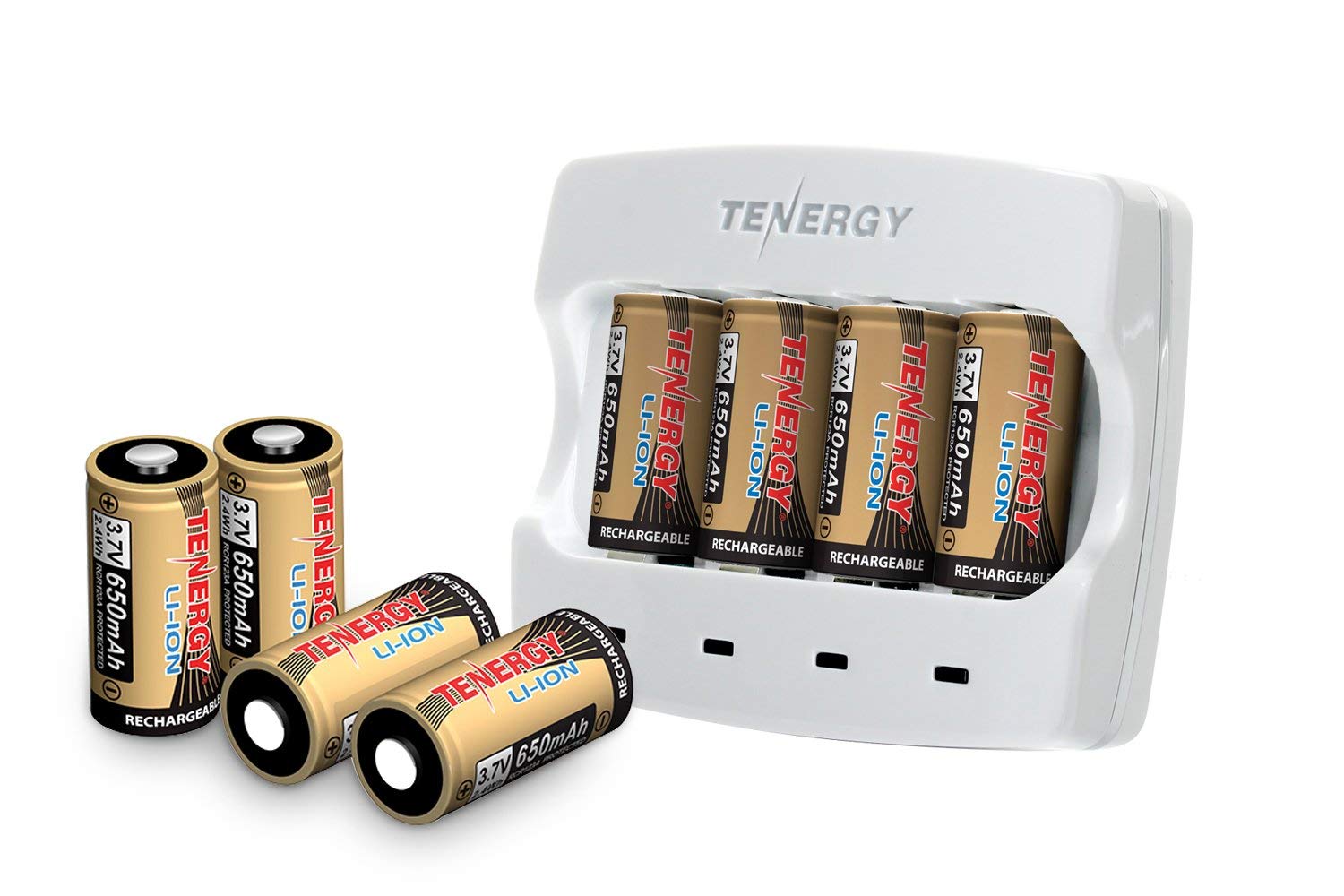4 Ways Semiconductors are Vital to Modern Life

In the immortal words of Joni Mitchell, sometimes, you really don’t know what you’ve got ‘til it’s gone. The recent global shortage of semiconductors (commonly known as computer chips), brought about largely by disruptions in supply as a result of Covid-19, serves as a reminder of just how important these components are to daily life. In 2021, it became impossible to purchase a PS5 console, while Apple cut its iPhone production targets. Well into 2022, the production of new cars has also faced complications and interruptions across many manufacturers, all because of this shortage.
Yet it’s not enough to look at consumer electronics. The reason the effects of the global semiconductor shortage are so far-reaching is that pretty much every modern appliance contains these silicon chips.
While it’s not the first time we’ve experienced shortages of this kind, the phenomenon has created unprecedented disruption in vital industries, from healthcare to banking and telecommunications. In this article, you’ll find out just how important these nifty little chips are to your everyday life.
Table of Contents
What are semiconductors?
Semiconductors, also known as microchips or computer chips, are substances with unique electrical properties that are used as a basis for powering computers and other electronics. Usually, they are solid chemical elements or compounds that are able to conduct electricity in certain conditions, but not others. In this way, they are able to regulate the flow of electrical current in a given device.
Typically, semiconductors are made from pure elements like silicon or germanium. Their unique power is often achieved through a process called ‘doping’, where small amounts of impurities are added to alter the material’s conductivity. However, this is also done through a process called water fabrication, where vapor, heat, and light-sensitive materials are used. These “highly repeatable production processes” require “precise control, wafer uniformity, reproducibility, flexibility, and reliability”, according to XP Power.
What are their most important uses?
Healthcare
The integration of new technologies into healthcare practices has been a boon for modern medicine. Common applications you’ll recognize that rely on semiconductors include MRI and CT scanners, which use imaging to help identify diseases and other health complications via X-rays. Other devices that use computer chips include pacemakers and blood pressure, monitors.
On top of this, innovations in surgical procedures have also been affected by the shortage. In recent years, great strides have been made in medical technology to allow computer-aided surgery, helping surgeons plan and execute invasive operations with greater precision through virtual display technology. Post-operative care has also been greatly improved through the use of chips to power sensors that process a patient’s physical data after they have received treatment.
Computing
Semiconductors are the foundation of modern computing. Without these microchips, we could not power laptops or smartphones. Their distinct chemical properties permit them to perform the function of transistors that rapidly switch electrical signals on and off. As a result, they act as gateways for the flow of electrons through a processor chip (CPU) in your computer’s motherboard.
The reason you’ll often read or hear about processing as being linked to the speed of your computer is due to the speed with which these microchip-powered switches operate. The faster they switch on and off, the more calculations per second (CPS) can be executed by a CPU.
Telecommunications
Beyond the importance of semiconductors for powering your smartphone, these chips are also vital for generating radio frequency (RF) devices that make wireless communication possible. These might be small devices, like those found in mobiles, or those in large infrastructures like cell towers.
In many cases, radio frequency identity (RFID) chips are used for authentication processes, for example, with passports and contactless entry points. Semiconductors are also crucial to connect your mobile devices to a Bluetooth speaker, as these depend on low-energy microcontrollers (MCUs).
Household appliances
The list is nearly endless – your TV, fridge, washer and dryer, and personal computer all rely on semiconductors. A range of chips is used for a variety of functions, including controlling timers of appliances, temperature regulation, and other automated features.
For example, the diode, which we find in a great deal of smaller household appliances, serves as a one-way valve in an electronic circuit, making sure that the current flows in a single direction. Another specific type of semiconductor is the microprocessor, which are small computers that work as cogs in many larger household appliances. These include central heating systems, fridges, TVs, dishwashers, and microwaves.





